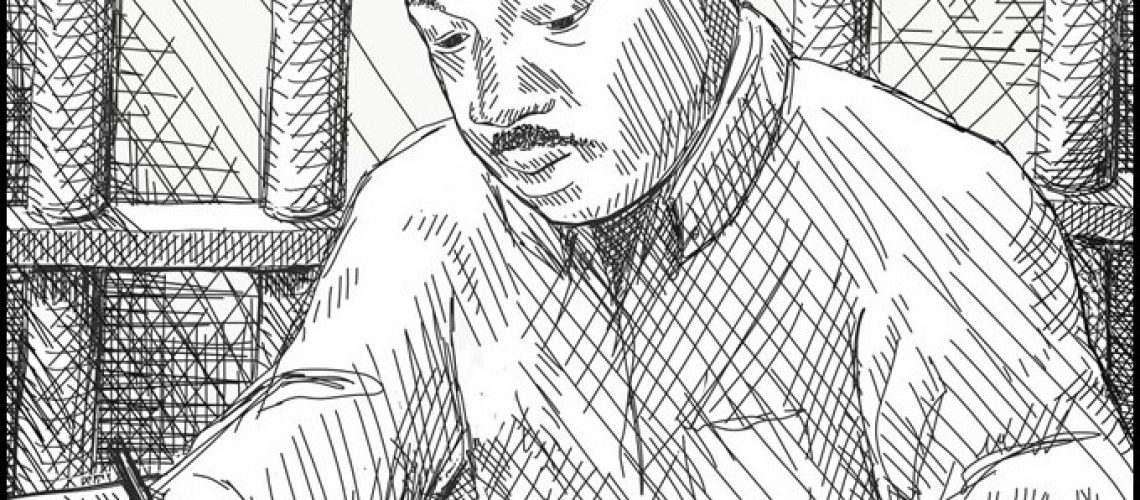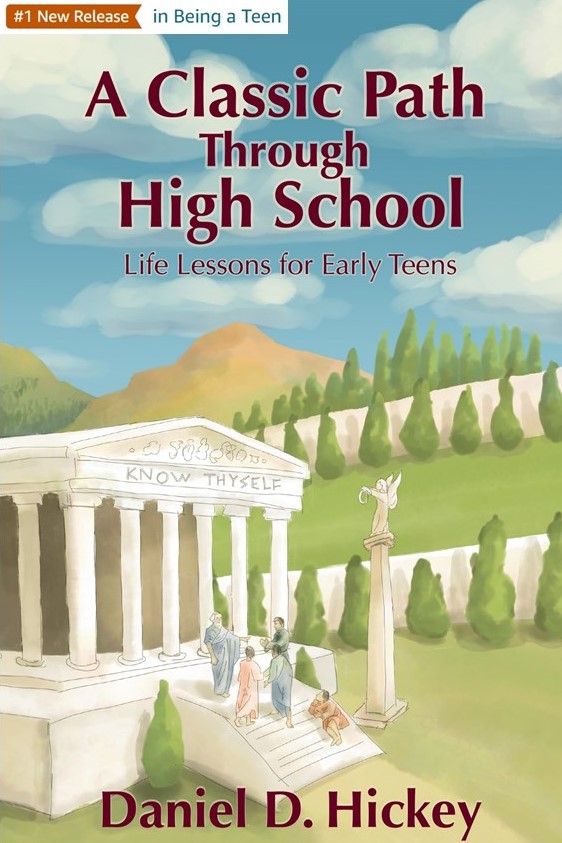On Easter Sunday 1963, Dr. Martin Luther King Jr. began to write his letter from the Birmingham City Jail answering his critics who said he was pushing too hard for change. He had been leading demonstrations across the southern states for 8 years since Rosa Parks refused to give up her seat on a bus to a white woman. King’s father was also a Baptist minister who was very strict with his three children. The boy grew up suffering from depression either from his father’s harsh discipline or because any friendships he would strike up with white kids would be snuffed out in the racist environment of the 1950s southern states and their “Jim Crow” laws. As a young teen he jumped out of a second floor window in a failed suicide attempt that got him thinking about the afterlife before pursuing a career in ministry and earning a doctorate in Theology.
Easter happened to be the second busiest shopping season of the year so his organization determined it was an opportune time to lead a demonstration against the white merchants and their “humiliating racial signs.” His group was prepared to “accept the blows without retaliating” and “endure the ordeals of jail” as part of their non-violent campaign for justice. They ended up in jail for demonstrating without a permit even though the permit was denied, which he explains was a violation of their free speech rights.
Written in jail over several days, his 7,000 word masterwork of classical philosophy tells of “forever fighting a degenerating sense of ‘nobodyness’” among the reasons “why we find it difficult to wait.” Think about that powerful word, “nobodyness.” Dr. King tells his critics that one has a moral responsibility to obey just laws but also a moral responsibility to disobey unjust laws. He quotes St. Augustine that “an unjust law is no law at all,” and continues with St. Thomas Aquinas arguing “Any law that uplifts human personality is just. Any law that degrades human personality is unjust. All segregation statutes are unjust because segregation distorts the soul and damages the personality.” He explains that justice must respect the individual and segregation obviously prevents certain individuals from realizing their God given talents and potential. He references a legal maxim dating back hundreds, if not thousands, of years that “justice too long delayed is justice denied.”
Despite the horrid injustice of the times, King was optimistic saying the “goal of America is freedom” and he saw his people as an integral part of America since “before the Pilgrims landed at Plymouth.” He willingly accepted the consequences for his actions in order to arouse the conscience of the community. A few months later, hundreds of thousands of people of all races gathered under Lincoln’s memorial in Washington, DC to hear his speech about having a dream that one day his four children will not be judged by the color of their skin but by the content of their character. Dr. King finished that classic speech longing to sing “Free at last! Free at last! Thank God Almighty, we are free at last!”
The demonstration and speech won him the Noble Peace Prize but five years later on April 4, 1968, Dr. Martin Luther King Jr. was assassinated. He did not die in vain, fifty years later the fire of his spirit burned brightly when his children were able to vote for the first African American President of the United States.
Enjoy the holiday!

